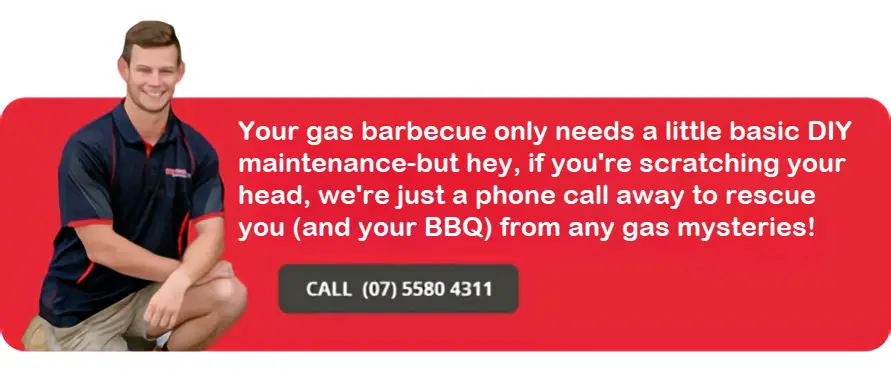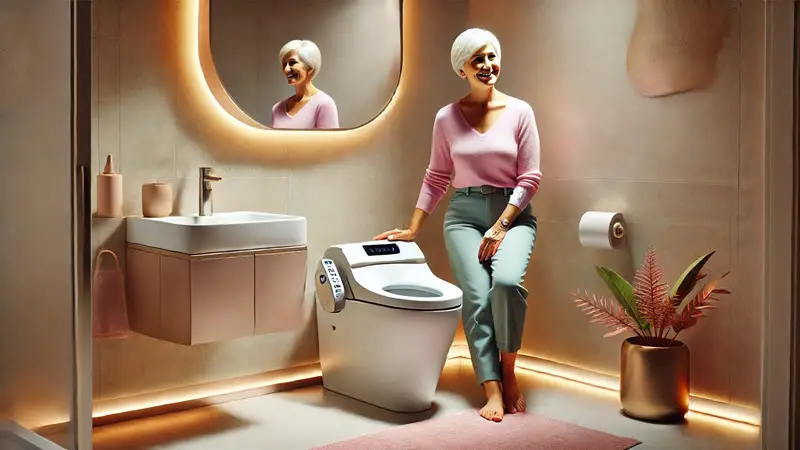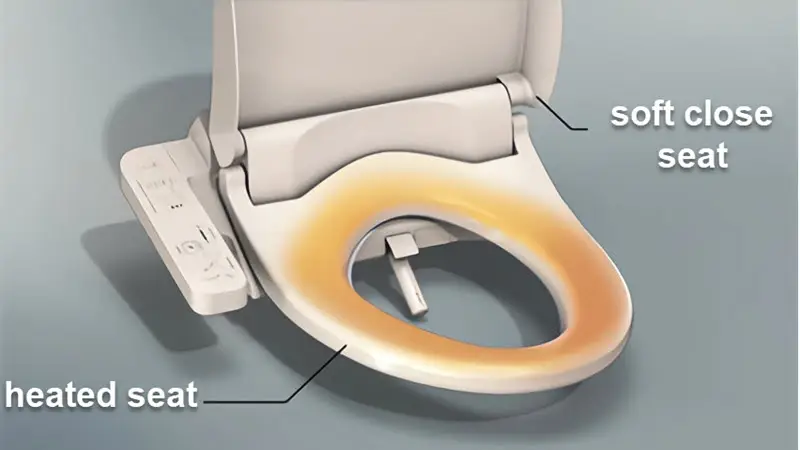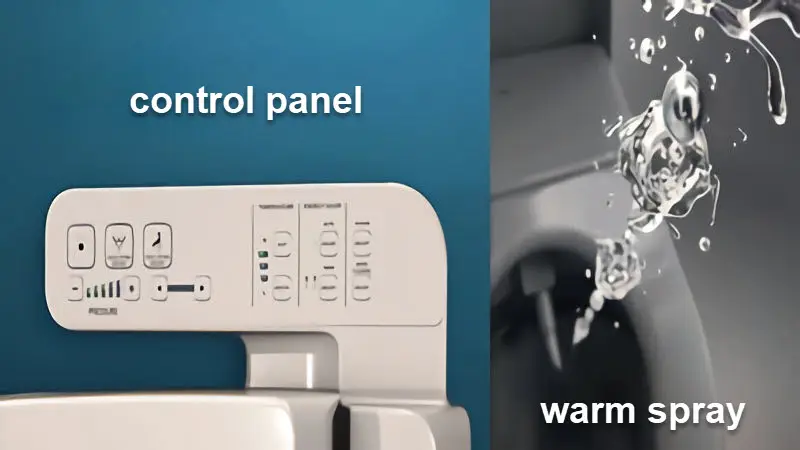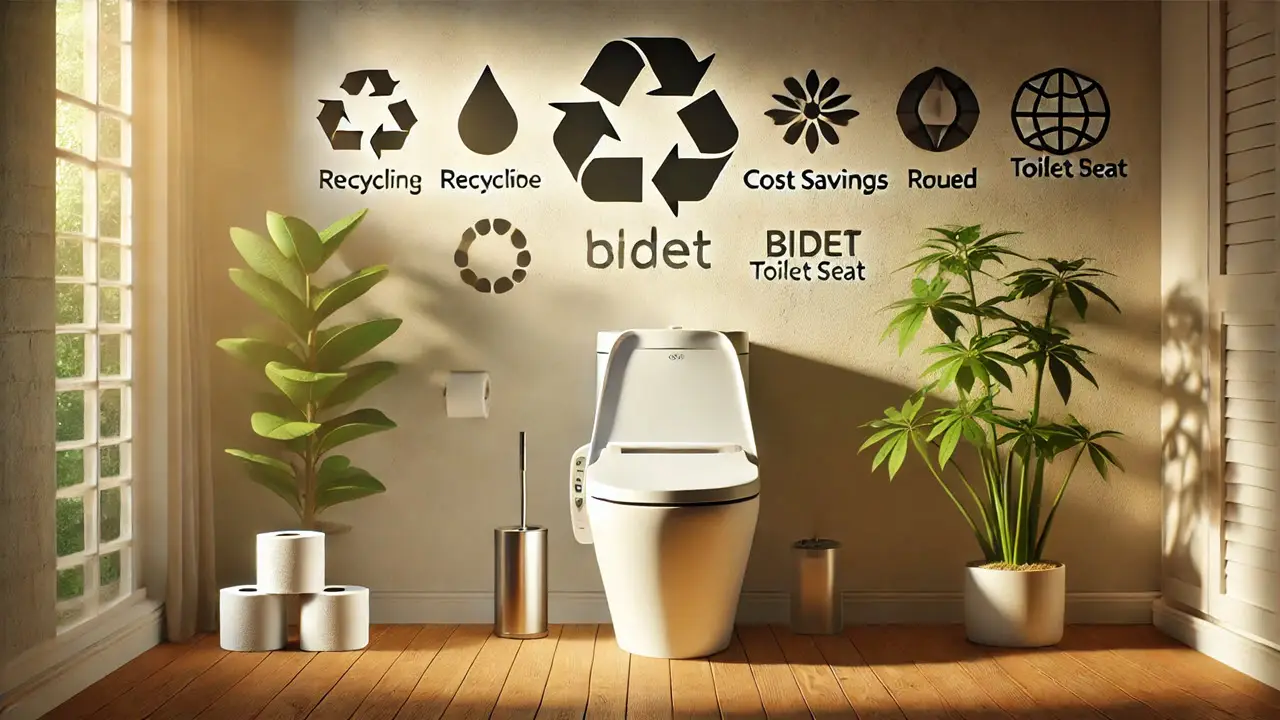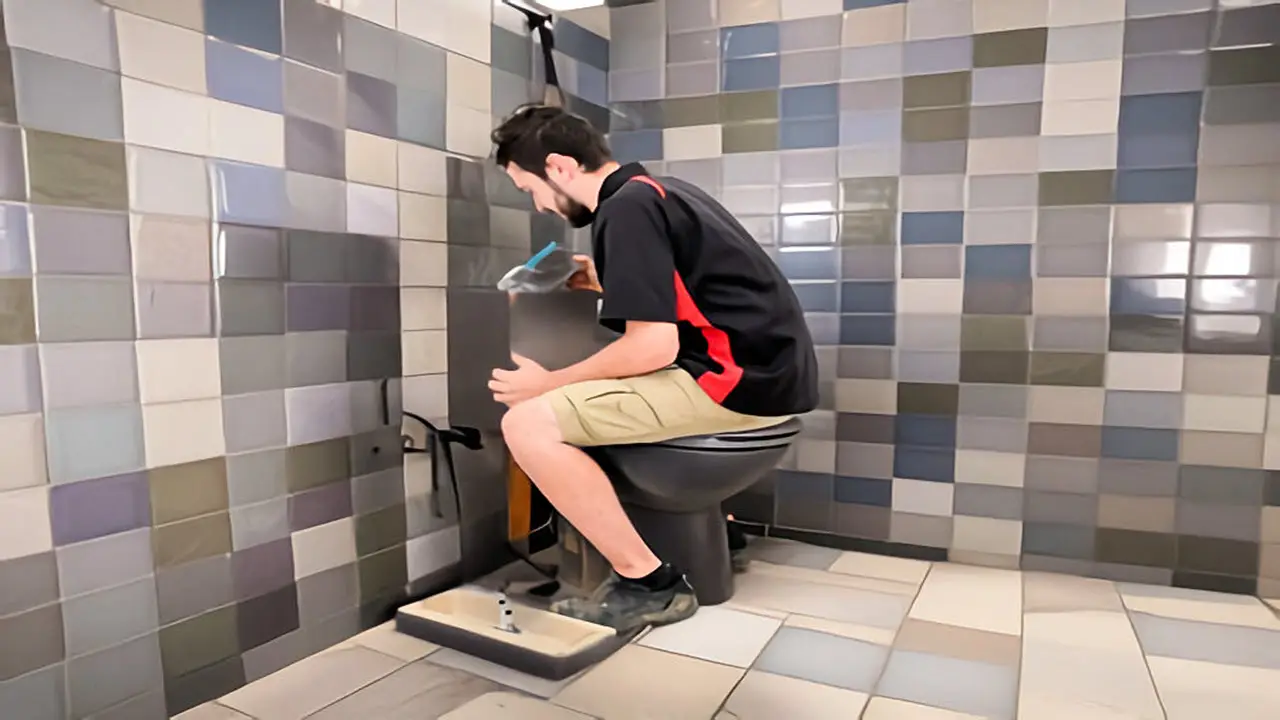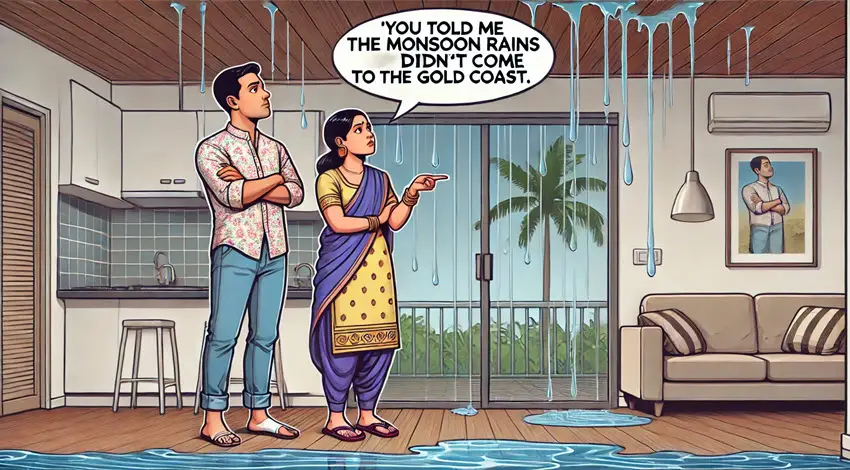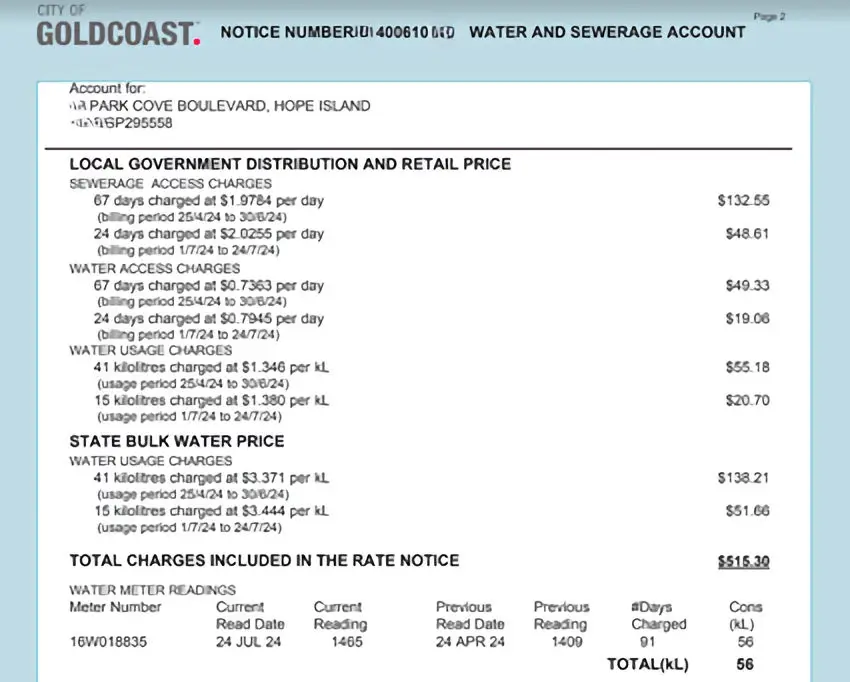
Are Gas Barbecues Really as Dangerous as You Think?
Are Gas Barbecues Dangerous?
In reality, gas barbecues aren’t dangerous. But neglecting to clean and maintain them creates risk.
Another hazard comes from using gas barbecues in social settings where alcohol is often involved. Flames, fuel, and a “weekend warrior” mindset (combined with advice from Google, the self-proclaimed gas expert) can be a recipe for trouble.
Below, we’ve compiled essential maintenance tips and safety advice to keep your barbecue in perfect condition. And remember, never attempt repairs in a social setting with alcohol involved, as it can cloud your best judgment!

Gas Leaks – The Most Common Cause of Barbecue Accidents
Spotting the Warning Signs of a Gas Leak
Gas leaks are the number one cause of accidents related to gas barbecues.LPG gas is highly flammable, so even a minor leak can be hazardous. Signs of a leak include:
- Hissing Sounds: This often indicates gas escaping from a loose connection.
- Gas Smell: LPG gas has a distinctive odour (thanks to an added scent), so you’ll likely smell a leak.
- Bubbling When Soapy Water is Applied: A soapy water test is reliable. Mix soap and water, apply it to connections, and look for bubbles.
Preventing and Addressing Gas Leaks
Preventing gas leaks is about regular inspections and correct handling:
- Check Hose Connections: Inspect the hose and connections for cracks or kinks before each use.
- These soapy water Test Tests are a quick and effective method of detecting gas leaks. Performing this test every few months can help ensure the safety of your gas barbecue.
- If you detect a Leak: If you can smell gas, it’s crucial to act immediately. Turn off the gas bottle and address the issue promptly to ensure your safety.
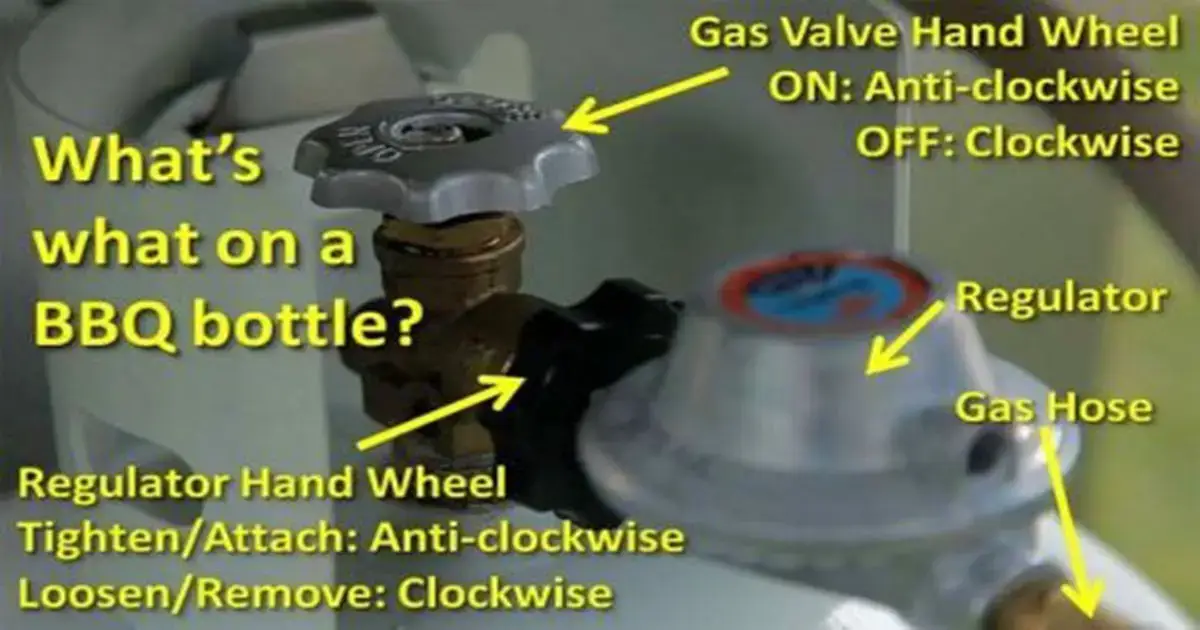
Avoiding Ignition Hazards
Proper Ignition Technique
One common mistake is allowing gas to build up in the barbecue before ignition, which can lead to a sudden flare-up. Follow these steps to avoid ignition problems:
- Open the Lid Before Lighting: This prevents gas buildup inside the barbecue.
- Use a Long Igniter: This keeps your hands away from the gas source and ignition area.
- Wait a few seconds. If the barbecue doesn’t light Immediately, Turn off the gas, wait a few seconds, and try again.
Keeping Igniters in Good Condition
Most gas barbecues have an electric ignition system, which you should check regularly. If the ignition isn’t working correctly, consider replacing the battery or cleaning the igniter to ensure a reliable spark each time.
Storing and Handling LPG Tanks Safely
Safe Storage for LPG Tanks
LPG tanks can be a hazard if not handled correctly. Proper storage is critical:
- Store Tanks Outside LPG tanks should never be stored indoors or in enclosed spaces, as leaks can cause dangerous gas buildup.
- Keep Tanks Upright: Always store LPG tanks upright to avoid any potential leaks.
- Avoid High Temperatures: Keep LPG tanks out of direct sunlight and away from high temperatures.
Handling and Transporting LPG Tanks
When transporting LPG tanks, follow these safety measures:
- Keep the Tank in a Secure Position: Ensure it doesn’t roll or move around in your vehicle.
- Transport Upright: Always keep the tank upright during transportation.
- Don’t Leave Tanks in the Car for Long Periods: Heat buildup in a parked car can increase pressure.
Preventing Flare-Ups and Fires When Cooking
Flare-ups, sudden bursts of flame caused by fat dripping onto the fire below when cooking, are potential problems. While they’re familiar, they can be dangerous if not managed.
Tips for Reducing Flare-Ups
- Trim Excess Fat from Meat: Less fat means less dripping and fewer flare-ups.
- Keep the Grill Clean: Regularly clean grates and burners to prevent grease buildup.
- Use a Drip Pan: Place a drip pan under the grill to catch fat before it reaches the flame.
What to Do if a Fire Starts
In the event of a fire:
- Turn Off the Gas: If it’s safe, immediately turn it off at the bottle.
- Keep the Lid Closed: Closing the lid can help smother the fire by reducing oxygen.
- Have a Fire Extinguisher Nearby: Keep a Class B fire extinguisher nearby for emergencies.
Regular Maintenance – A Key to Barbecue Safety
As a responsible barbecue owner, you need to understand that gas barbecues need regular maintenance to operate safely.
Over time, connections can loosen, and parts can wear out, so a periodic inspection is essential. By staying proactive with maintenance, you can ensure the safety of your barbecue.
Essential Maintenance Tips
- Check the Burners and Valves: Inspect for blockages or wear, as these can affect performance and safety.
- Clean the Grill Regularly: Food residue can block burners or ignite unexpectedly.
- Replace Worn-Out Hoses and Connectors: Over time, hoses and connectors can develop cracks or leaks, so replace them as needed.
When to Call Whywait Plumbing for Professional Servicing
While any barbecue owner can perform regular maintenance, some issues require a professional touch.
If you experience problems you can’t fix on your own—such as a persistent gas leak or ignition problem—it’s best to consult us at Whywait Plumbing to book a visit from our licensed gasfitter. Their expertise can reassure you and ensure the safety of your barbecue, frequently locating issues you did not see.
Key Takeaways for Safe Gas Barbecue Use
Gas barbecues are safe to use when maintained correctly and operated responsibly. With regular inspections, safe handling, and proper storage, you can enjoy your barbecue with peace of mind. Here are the top things to remember:
- Check for Leaks Regularly: Use the soapy water test for leaks.
- Store LPG Tanks Properly: Keep them outside, upright, and away from high temperatures.
- Light the Barbecue Safely: Always open the lid before lighting to avoid gas buildup.
- Perform Regular Maintenance: Regular cleaning and inspections will keep your barbecues in shape.
So, Are Gas Barbecues Dangerous?
So, are gas barbecues as dangerous as you think? With proper care, maintenance, and a few safety precautions, they’re safe, convenient, and an excellent choice for outdoor cooking. Following these guidelines, you can confidently enjoy your gas barbecue, knowing you’re doing everything to keep your family safe.
Of course, if you want extra peace of mind, Whywait Plumbing is just a call away! Our team is here to ensure your gas barbecue is in perfect working order so you can focus on the essential things—like perfecting your steak flip or finding that elusive barbecue tongs thief! Call us, and we’ll make sure your barbecue is as safe as it is delicious.
With these tips and a little help from the experts at Whywait Plumbing, you can enjoy worry-free barbecues for years to come—because nothing should come between you, your barbecue, and a classic Australian gathering with family and friends.
